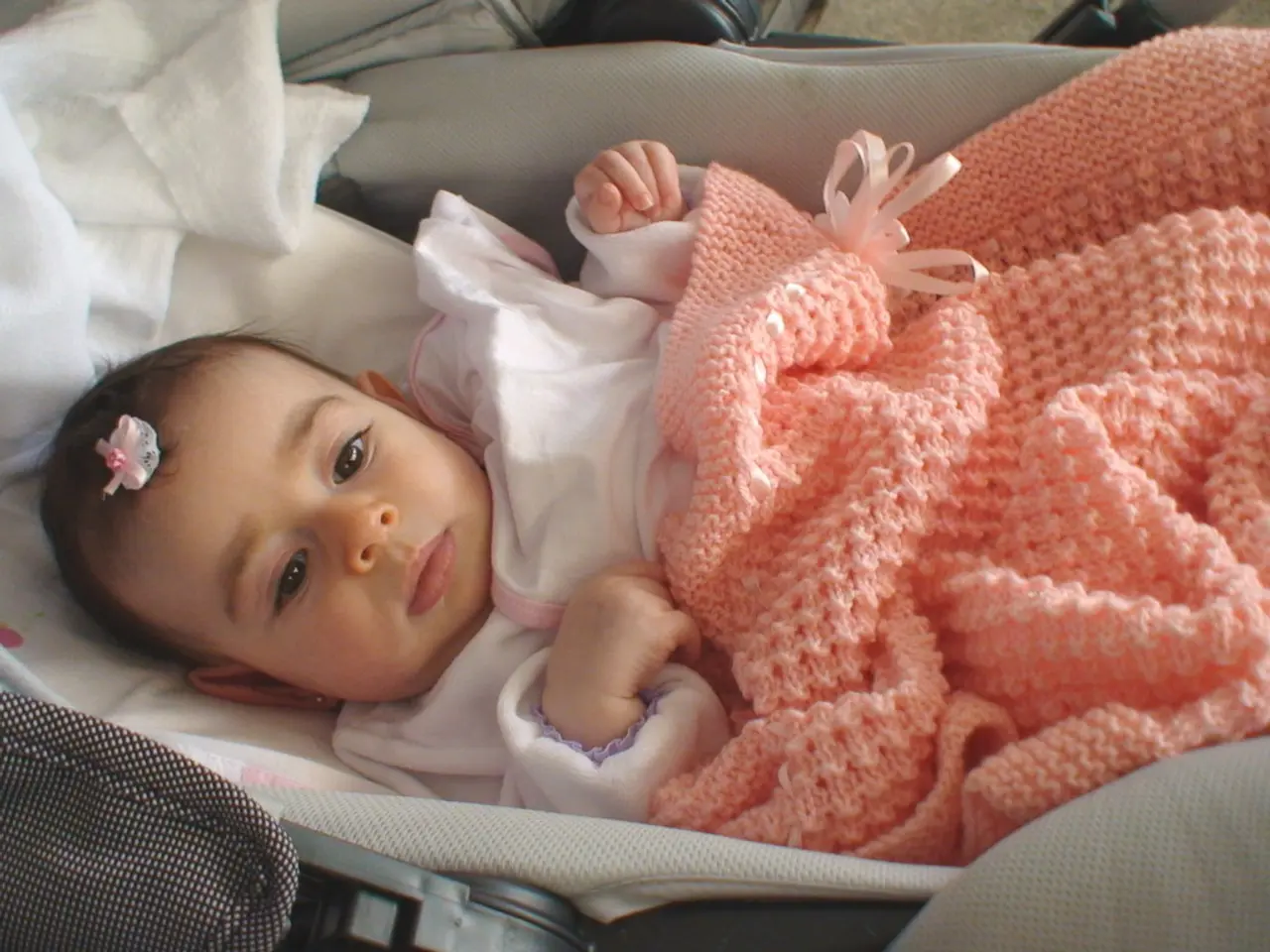Guidelines for Moral Conduct for Family Caregivers
In the complex and challenging journey of caring for a loved one with dementia, a clear set of ethical guidelines can provide much-needed guidance. These principles, developed through time and experience, serve as a compass for family caregivers, helping them navigate the intricate landscape of caregiving with respect, compassion, and understanding.
The suggested code of ethics for family caregivers in the United States emphasizes the broad and flexible definition of family caregiving. It goes beyond legal or biological ties, recognising the crucial role extended family and friends play in caregiving. This broader definition is essential, as research suggests that caregiving is often a community affair, and caregiving policies should reflect this reality to better support both caregivers and care recipients [1].
Transparent communication with healthcare providers is another cornerstone of ethical caregiving. This transparency enables informed decision-making about deescalation or escalation of treatments, based on the person's health trajectory and goals of care. Lack of transparency may lead to unwanted, nonbeneficial treatments and caregiver regret [2].
Respecting the autonomy and dignity of the person with dementia is also paramount. This involves recognising and interpreting their preferences, even when full cognitive consent is not possible. Care should be aligned with the individual's best interests to avoid nonbeneficial or goal-discordant treatments [3][5].
Supporting psychosocial needs and fostering engagement, comfort, and community connection in person-centered ways is a core ethical approach [4].
These points outline a caregiving ethical framework grounded in respect, inclusiveness, clear and honest communication, and person-centered advocacy, based on an evolving understanding of dementia and caregiving roles [1][2][3][4][5].
Family caregiving is motivated by love, respect, and affection for the family member. It is important to involve the person being cared for in decision-making, even in the early and middle stages of dementia. However, it's essential to remember that family caregivers are not professional caregivers with a code of ethics enforced by law.
In difficult moments, family caregivers should recall good memories with their loved ones and stay calm. They should not treat the dementia-affected person like a child, but should involve them in both important and less important decisions.
Respecting the individual rights of the person being cared for is also crucial. This includes their religious beliefs and the right to speak freely. Informal/family caregivers should let the person they are caring for speak their mind, even if they are affected by dementia and may use harsh words.
Family caregivers should not harm the person they are caring for in any way. They must accept the loss of mutual accountability in a relationship when caring for a dementia-affected spouse. Committed relationships are vital for family caregivers, especially for those caring for a dementia-affected spouse.
Fellow caregivers in weekly meetings can provide valuable insights on the code of ethics for family caregivers. Newbie caregivers should discuss these ethical guidelines in their weekly caregiver support group meetings.
Every person has the right to make life decisions as a US citizen, and family caregivers should inform them of their rights. It's important to remember that family caregiving is not a profession with a payroll or monetary reward.
In conclusion, the ethical guidelines for family caregivers serve as a beacon of light in the challenging journey of caring for a loved one with dementia. By adhering to these principles, family caregivers can provide compassionate, respectful, and dignified care, ensuring the best possible quality of life for their loved ones.
- In the process of caregiving for a loved one with dementia, it is crucial to recognize and incorporate the valuable contributions made by extended family members and friends, as they too play a crucial role in caregiving.
- A crucial aspect of ethical caregiving involves transparent communication with healthcare providers, enabling informed decision-making about treatments that are beneficial to the care recipient.
- Respecting the autonomy and dignity of the person with dementia is essential, including interpreting their preferences when full cognitive consent is not possible and aligning care with their best interests.
- Supporting psychosocial needs, fostering engagement, comfort, and community connection is a core ethical approach in caregiving.
- In the workspace, career-development programs and educational resources can provide self-development opportunities for family caregivers to further their understanding of caregiving, dementia, and health-and-wellness, fitness-and-exercise, family-health, mental-health, parenting, and related topics.




